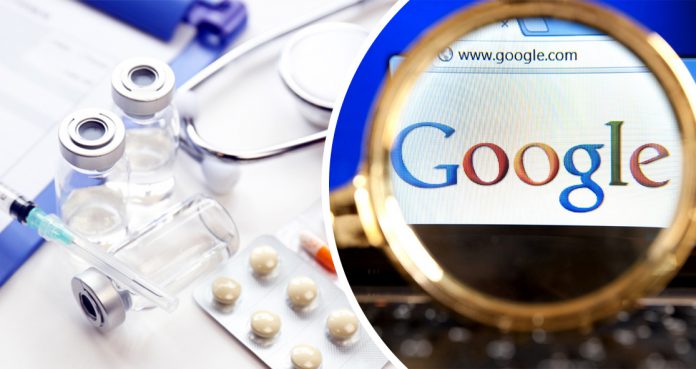On Friday, Google announced a new policy that bans the promotion of clinically unproven medical treatments, including many stem cell, gene, and cellular therapies.
In a blog post, Google Policy Advisor Adrienne Biddings said, “The new policy will prohibit ads selling treatments that have no established biomedical or scientific basis.”
The company said it would also ban “treatments that are rooted in basic scientific findings and preliminary clinical experience, but currently have insufficient formal clinical testing to justify widespread clinical use,” explained Biddings.
The Washington Post reported that the new policy could put pressure on the stem cell industry, as it is not regulated and many have gone against the therapy for taking advantage of terminally ill patients.
“We know that important medical discoveries often start as unproven ideas and we believe that monitored, regulated clinical trials are the most reliable way to test and prove important medical advances,” explained Biddings.
She continued, “At the same time, we have seen a rise in bad actors attempting to take advantage of individuals by offering untested, deceptive treatments. Often times, these treatments can lead to dangerous health outcomes and we feel they have no place on our platforms.”
Deepak Srivastava, the president of the International Society for Stem Cell Research, said, “The new policy is a much-needed and welcome step to curb the marketing of unscrupulous medical products such as unproven stem cell therapies.”
“While stem cells have great potential to help us understand and treat a wide range of diseases, most stem cell interventions remain experimental and should only be offered to patients through well-regulated clinical trials,” he added.
Srivastava continued, “The premature marketing and commercialization of unproven stem cell products threatens public health, their confidence in biomedical research, and undermines the development of legitimate new therapies.”
However, Google has said that it would continue to allow ads that include clinical trials and research. The company would also allow physicians to promote clinical research findings to people.
Google said it would continue to updates its ads policies as and when required, which will depend on the new developments and findings released by drug regulatory agencies. Earlier this year, Google and Facebook took steps to stop the spread of misinformation after some people tried to promote fake cancer cures on social media platforms.





















